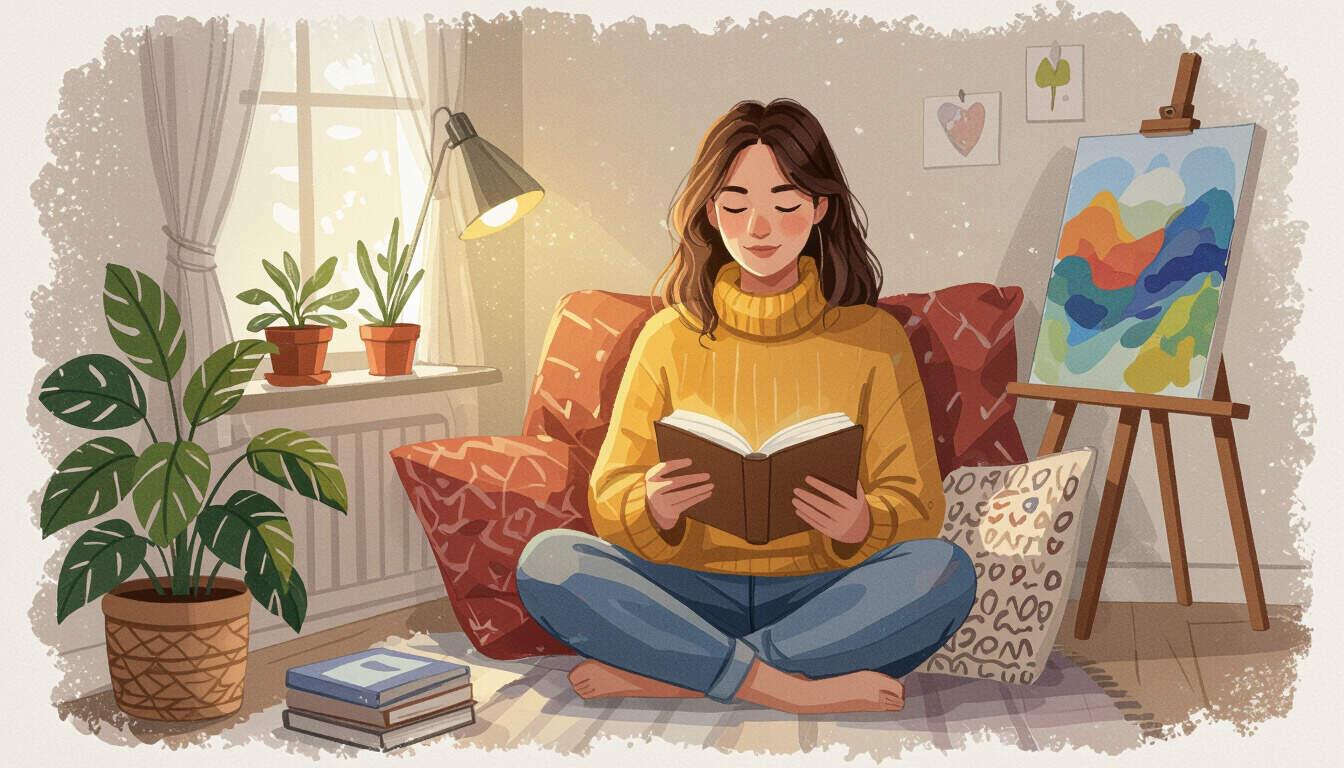Integrating Hobbies for Relaxation and Cognitive Load Offloading
 by Lilian Nienow
by Lilian Nienow
Discover how incorporating hobbies into daily routines can ease mental overload and enhance well-being. This article offers practical strategies for students and professionals to reduce cognitive strain through enjoyable activities, leading to better focus and productivity.

In our busy lives, mental overload can build up from constant demands and tasks. This buildup affects focus and overall well-being. One effective way to address this is through hobby integration. By adding enjoyable activities, individuals can create moments of relaxation that help clear the mind.
Hobbies serve as a simple tool for offloading cognitive load. Cognitive load refers to the amount of mental effort used in working memory. When this load becomes too high, it leads to fatigue and errors. Integrating hobbies allows for a break from intense thinking, giving the brain time to recover.
Why Hobbies Matter for Mental Relief
Hobbies provide a sense of enjoyment that contrasts with daily stressors. For students facing heavy workloads, engaging in activities like painting or gardening can offer a mental reset. These pursuits shift attention away from academic pressures, allowing for natural recovery.
Professionals often deal with high demands at work. A hobby such as playing music can reduce feelings of overwhelm. Regular participation in these activities promotes better emotional balance and prevents burnout.
Practical Tips for Starting Hobby Integration
To begin, identify activities that bring joy and fit into your schedule. Start small by setting aside 15-20 minutes a day for your chosen hobby. This approach makes it easier to build a routine without adding more stress.
For example, if you enjoy reading, dedicate time each evening to a book. This habit can help unwind after a long day and improve sleep quality. Reading acts as a passive way to engage the mind, differing from active problem-solving tasks.
Another tip is to align hobbies with your natural rhythms. If you feel most relaxed in the morning, use that time for light exercise like walking. This practice can enhance mood and prepare you for the day ahead.
Overcoming Common Challenges
At times, fitting hobbies into a packed schedule feels difficult. Begin by tracking your daily activities to find free slots. Once identified, commit to those times consistently. This method turns hobby integration into a sustainable part of life.
If motivation dips, remind yourself of the benefits. Hobbies not only aid in relaxation but also boost creativity and problem-solving skills over time. For instance, someone interested in puzzles might find that regular sessions sharpen focus for work tasks.
Real-Life Examples of Success
Consider a student who integrated drawing into their routine. By spending time sketching each afternoon, they noticed improved concentration during study sessions. This change reduced overall mental fatigue and made learning more enjoyable.
In a professional setting, an individual took up photography on weekends. This activity provided a creative outlet, helping them manage work-related stress. Over time, they reported higher energy levels and better decision-making at the office.
Building Long-Term Habits
To make hobby integration last, pair it with other daily routines. For example, follow your evening meal with a short hobby session. This linkage creates a natural flow in your day and reinforces the habit.
Track progress by noting how you feel before and after activities. Keeping a simple journal can highlight improvements in mood and energy. Such reflection encourages continued practice and adjustments as needed.
For those in cognitive science, this approach aligns with strategies for enhancing productivity. By reducing mental overload through hobbies, individuals can maintain peak performance without constant strain.
In summary, incorporating hobbies offers a straightforward path to better mental health. Whether you are a student or professional, these activities provide essential relief. Start with one hobby today and experience the positive effects on your daily life.
